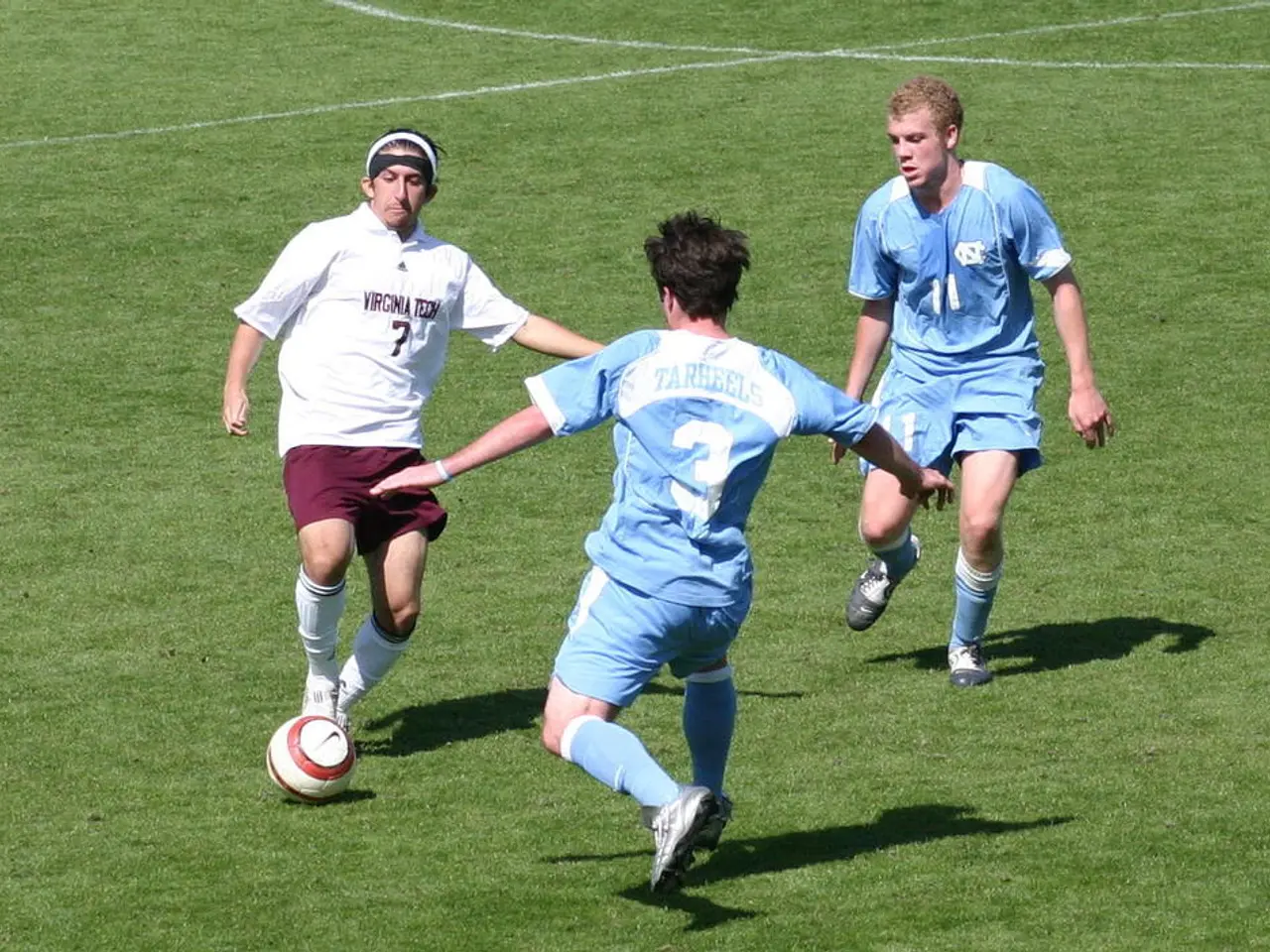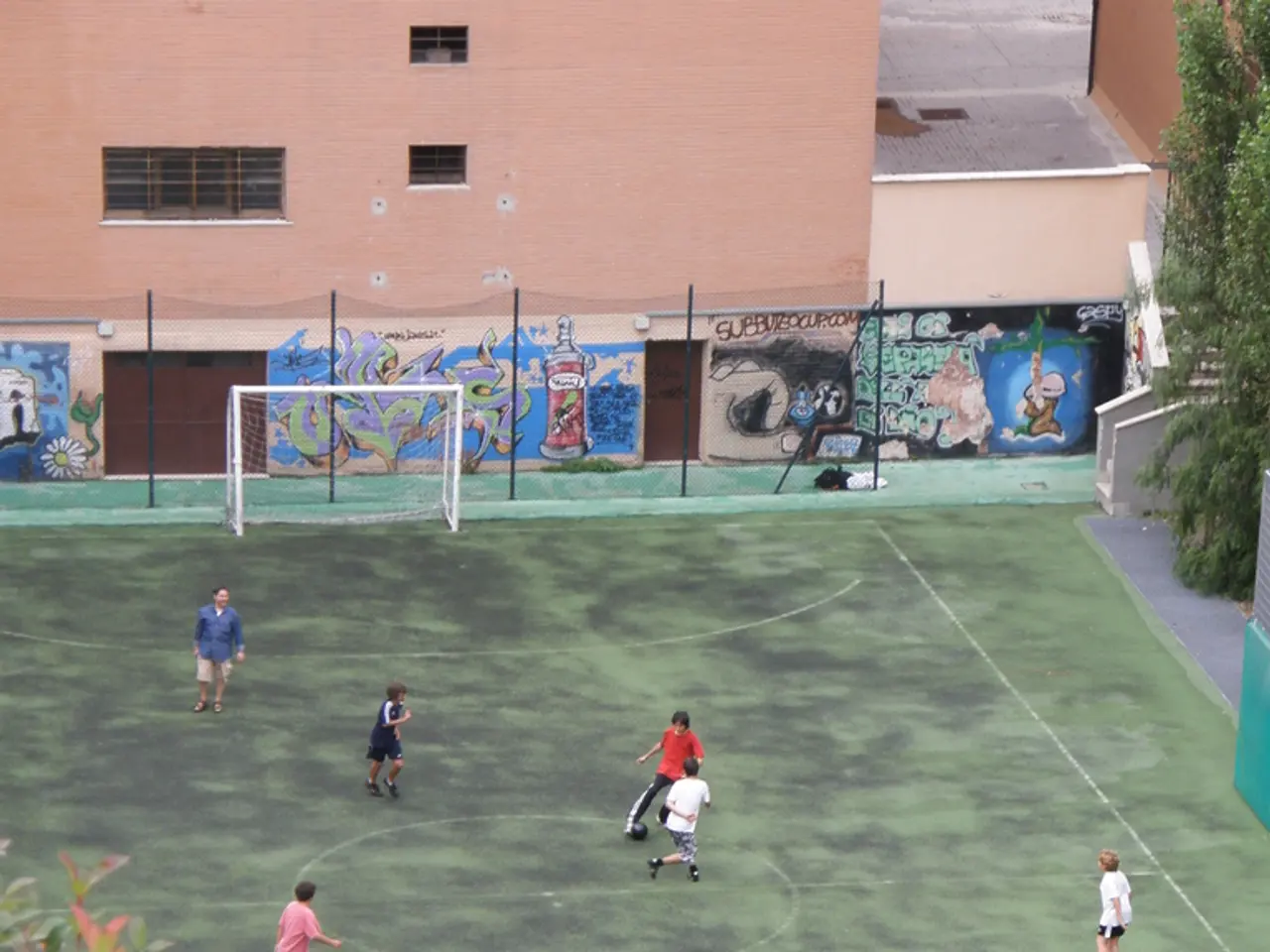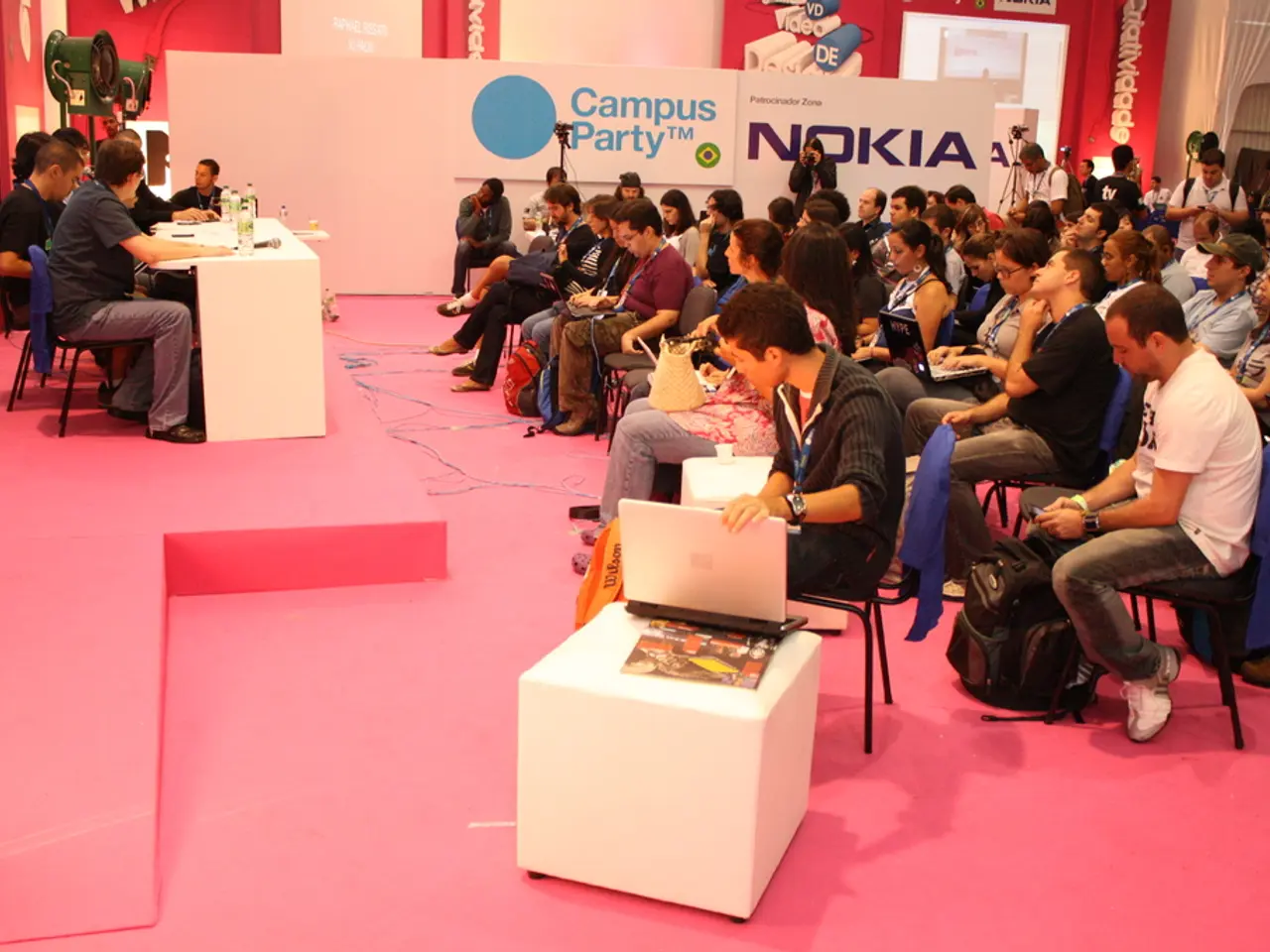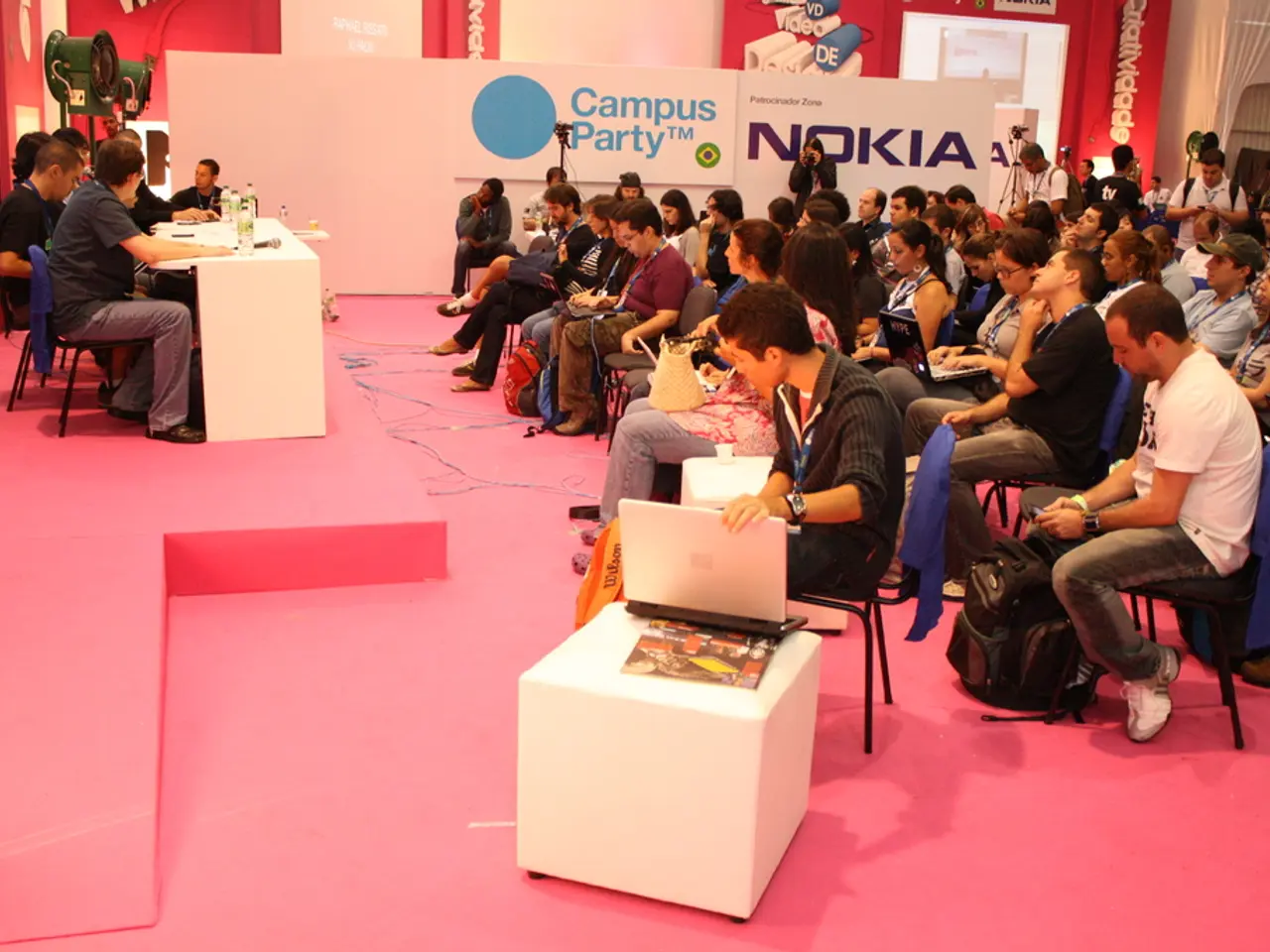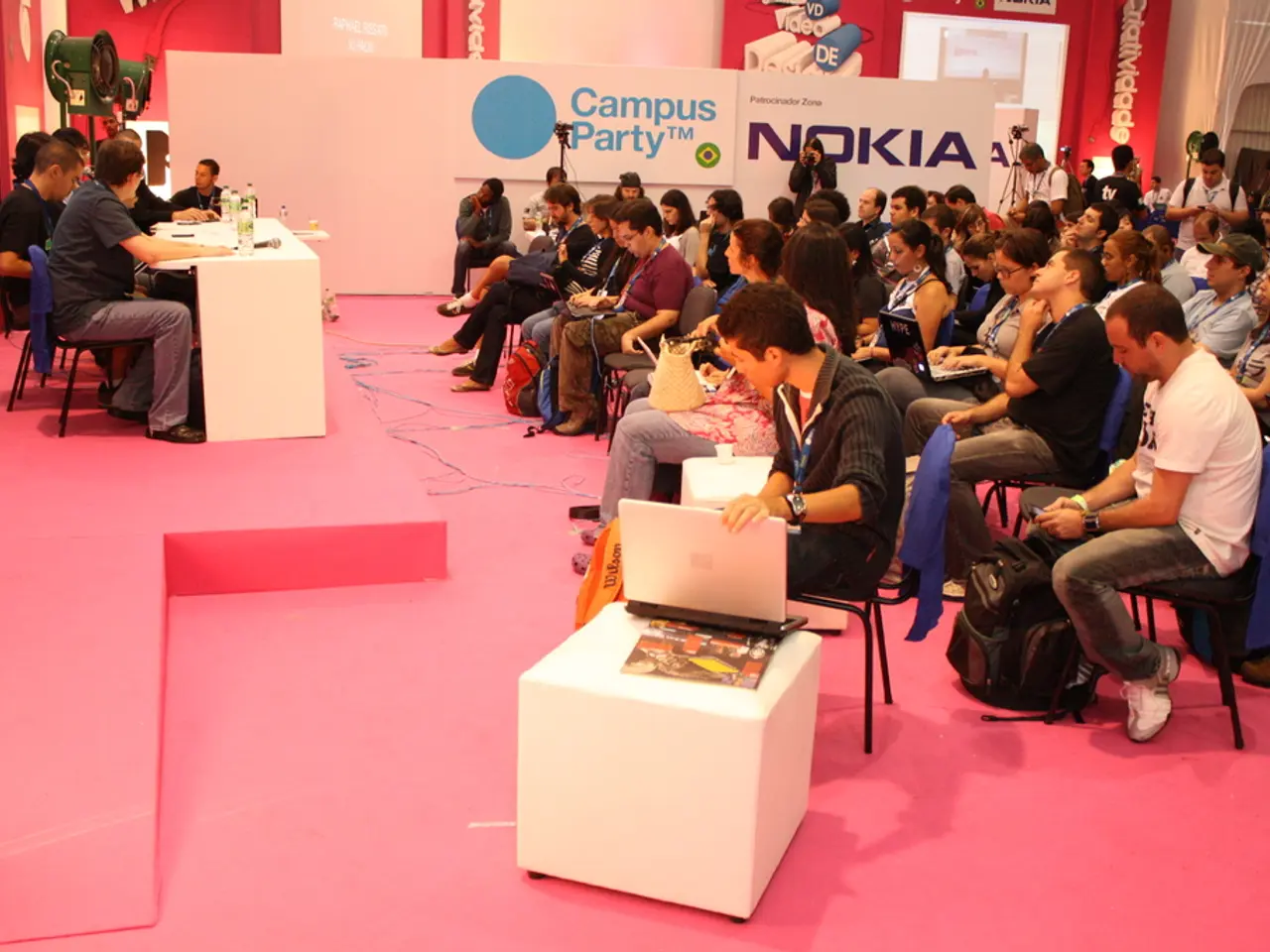Re-draw for Promotion: Question Revisited in Third League's Initial Phase Success
In the world of German football, a debate on reforming the promotion system in the third league (3. Liga) is gathering steam. Clubs from various regions, particularly those in the Northeast, North, West, and other areas, are advocating for changes to address perceived regional disparities and structural challenges.
Heiner B., expressing skepticism, questioned whether anything will change in the future, while Tamico161 emphasized the tradition of the superclubs in the RLNO (e.g. Chemie Leipzig or the BFC) and their right to ascend as champions. However, Marcus Uhlig, chairman of Rot-Weiß Oberhausen, criticized the handling of the reform initiative, stating that association leaders are absent at the last minute for appointments, giving the impression of an obstruction tactic.
Uhlig also explained that the West division's vote for the working group was reluctant and almost the last item on the agenda. The clubs of the Regionalliga West unanimously voted for a reform process, with 18 out of 18 clubs in favor. Meanwhile, the Regionalliga Südwest GmbH signaled their willingness to enter into an interregional dialogue.
Clubs from historically less privileged regions, notably in the Northeast and former East Germany, are pushing for promotion reforms due to financial and competitive disadvantages. They argue that the legacy of past structural inequalities still affects their competitive standing today. Furthermore, they seek a fairer system that better accounts for regional representation and sustainability.
In the Northeast division, 17 out of 18 clubs voted for the establishment of the working group, with only Meuselwitz against. In the North division, 9 out of 10 clubs voted for the working group, with 8 abstentions. Club leaders from other regions are joining forces with the northeast clubs and publicly attacking the approach of their regional associations, creating a new situation for the nationwide working group.
Currently, 42 clubs across leagues and nationwide support the reform process, believing it can unlock further improvement potential for the Regionalliga and the overall German league structure. The DFB and its president Bernd Neuendorf will play a crucial role in accompanying and moderating the process of the working group, according to Uhlig and Haeder.
NOFV President Hermann Winkler has announced that he will push for the nationwide working group for a Regionalliga reform to start immediately at the conference of regional and state presidents in the DFB on August 18. Seven reserve teams of Bundesliga and 2nd league clubs participate in the Regionalliga West and also speak out in favor of a reform process.
Tommy Haeder, business manager of Chemnitzer FC and spokesperson for the promotion reform group, supports the immediate start of the working group and believes a mandate could secure its footing. Haeder sees the following three aspects as inevitable for the working group: champions must be promoted, there must be no regional inequality between leagues of the same rank, and the problem must not be shifted down to the Oberliga.
As the push for change aligns with broader league restructuring trends in German sports, detailed specifics of proposals or decisions on 3. Liga promotion would require additional, focused sources. Nevertheless, it's clear that the drive for a more equitable promotion system is gaining traction, with clubs and regional associations working together towards a fairer future for German football.
- The clubs from the Northeast, North, West, and other regions, who are currently advocating for reforms in the German league system, have expressed a strong desire to address regional disparities and structural challenges, particularly in regards to promotions in the European leagues, such as the Champions League.
- Tommy Haeder, a business manager and spokesperson for the promotion reform group, has emphasized that the working group's mission must focus on three key aspects to ensure a fairer future for German football: champions must be promoted, there must be no regional inequality between leagues of the same rank, and the problem must not be shifted down to the Oberliga.
